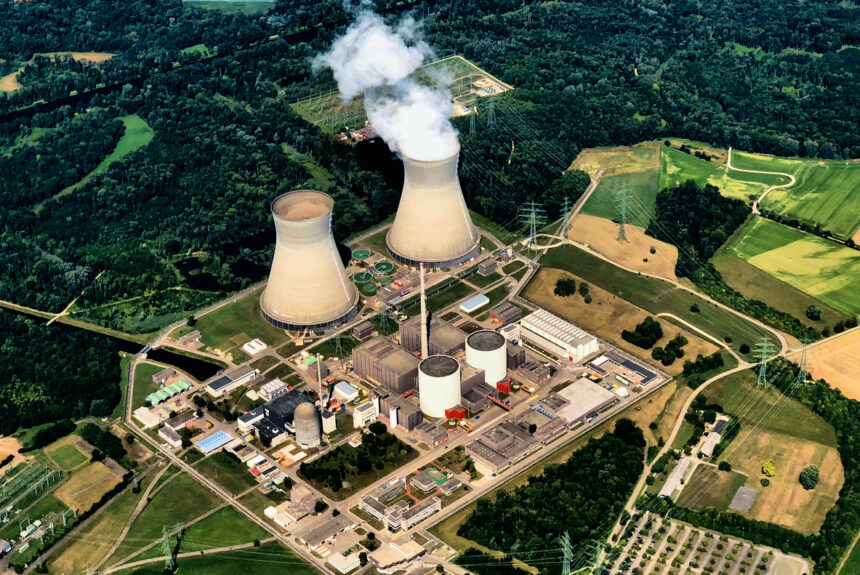Growing energy demand, advances in reactor technology, and recent legislative and regulatory progress are fueling rising interest in nuclear energy. This momentum could open the door to repowering retiring coal plants with nuclear—an approach that could boost local economies while providing the grid with clean reliable energy, as outlined in BPC’s 2023 report, Can Advanced Nuclear Repower Coal Country?
This summer, Congress overwhelmingly passed and President Joe Biden signed into law the bipartisan ADVANCE Act, which aims to speed up the Nuclear Regulatory Commission’s (NRC) licensing process, reclaim U.S. leadership in nuclear energy, and clarify the regulatory framework for coal-to-nuclear conversions. In response to concerns over lengthy timelines, NRC proposed changes earlier this year to modernize the nuclear licensing process, including for small modular reactors (SMRs) with the potential for streamlined manufacturing and broader deployment. The U.S. Department of Energy’s (DOE) Loan Programs Office (LPO) is also stepping up to back nuclear energy projects. In March, LPO announced a conditional $1.52 billion loan guarantee to repower Michigan’s Palisades nuclear plant, marking the first use of the Inflation Reduction Act’s $250 billion 1706 Energy Infrastructure Reinvestment program. This program targets projects that upgrade and repower retired energy infrastructure with clean energy heat sources, including coal-to-nuclear conversions.
Read more from the Bipartisan Policy Center here.
The views and opinions expressed are those of the author’s and do not necessarily reflect the official policy or position of C3.
